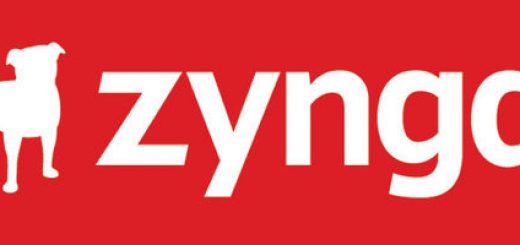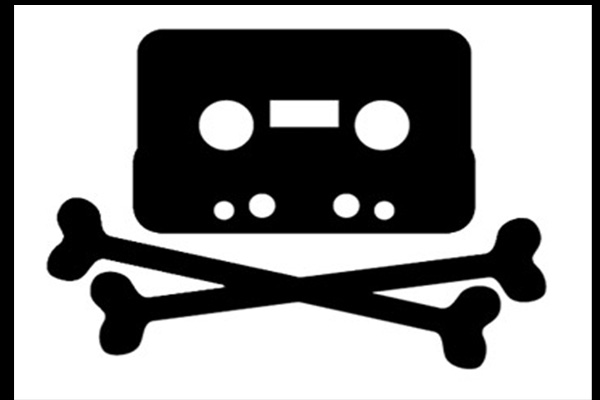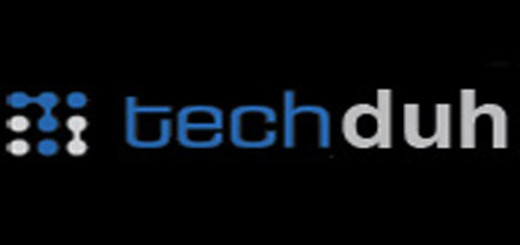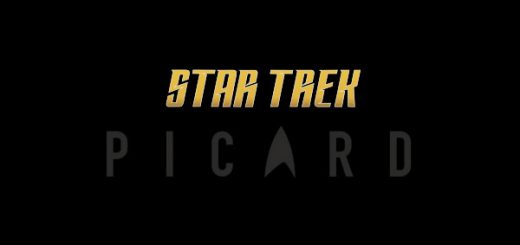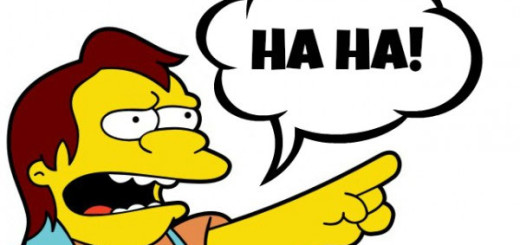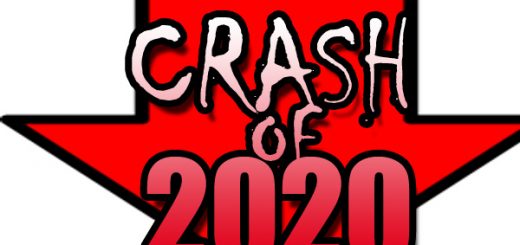Piracy, Morality, and the Google Search Results
An announcement this past week by Google that they would start to adjust the search rankings for sites that get numerous DMCA / copyright complaints came as a surprise to many. For those who try to push Net Neutrality as a cover for piracy, it’s a shocking announcement that has them stammering and without a real answer. The announcement by Google (blog entry here) really adds a whole bunch of fire to an already raging debate.
It comes at a time where there has been a pretty big shift against the piracy infrastructure. The biggest cases include Megaupload, and just this last week the major site Demonoid was both shut down in the Ukraine and apparently had it’s leadership nabbed in Mexico. Paypal and other payment processing systems have been shutting off accounts for file locker sites left and right, as it’s being determined that more and more of these sites depend on piracy to make a living. Sites like Stop File Lockers update the battle from the content producer side, as rights holders go after the lockers with a renewed zeal.
What I have found interesting is that the arguments of the pro-piracy and piracy apologists is that the issues of right and wrong are not relevant on the internet, as they are moral standards which are not important. Mike Masnick, who runs a blog very supportive of the piracy side of things, said in a comment the other day “Arguing over morals is a waste of time, because it doesn’t move the discussion forward. That’s why I don’t focus on moral questions, but practical questions.” I found this a little surprising, because it seems to go against the grain of humanity, the thing that separates us from apes, as it were.
What Masnick seems to suggest is that our moral compass of right and wrong doesn’t enter into it. Rather, it’s purely a function of what is actually possible. If you can copy something digital, it must be okay. At bare minimum, he tries to paint it as inevitable, like the rising of the sun, and something nobody should fight against. In the purely technical sense of “it can be done” he is correct, but within the constructs of society, is it truly acceptable?
What it brings in practical terms is the simple question: Just because you can do it, does it make it right?
Moreover, the Stop File Lockers people have revealed one of the other seamier sides of the piracy would, that of great gobs of money. They are doing what is possible, which is charging people for access to pirated material, and in theory trying to sidestep the law by calling them “user contributed files”. However, they double down on it by creating affiliate programs that pay the uploaders every time someone downloads their file. The best way to get a lot of downloads? Upload a copyright movie or album that everyone wants, spread the links far and wide via social media, and rake in the bucks.
This is the worst sort of situation, because it’s no longer piracy for the sake of piracy (the idea of getting that movie you couldn’t find anywhere else, or that video game you couldn’t afford this week), but rather it’s a direct grab to take money out of artists pockets and put it into their own. They aren’t just giving it away, they are charging for their pirated products. This is a shift that seems to have finally started a fire that is burning down the house.
Piracy is not a normal state of affairs, no matter how much the self-assured pundits may natter on about it. Google seems to have realized it, processing more than 4 million reports against URLs for DMCA / copyright violations. Perhaps those who support piracy from a high moral ground can come to understand that most of it exists not as some great sociality revolution, but just another group of money grubbers giving the finger to the man.

